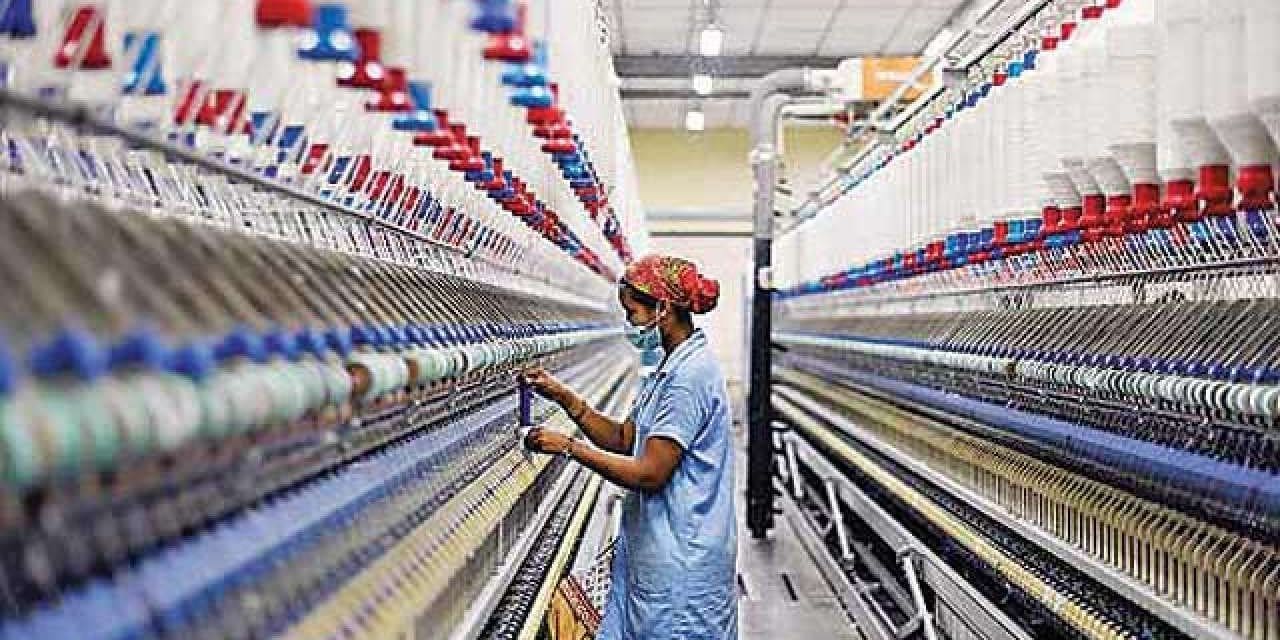On Monday, the local branch of the Indian Chamber of Commerce and Industry applauded the Tamil Nadu Budget, especially with the announcement of the Rs 9,000 crore Metro Rail Project for Coimbatore. Today in the Assembly, State Finance Minister Palanivel Thiaga Rajan gave a presentation of the 2023–24 budget.
B Sriramulu, the president of the Chamber, expressed his gratitude to Chief Minister M K Stalin for his announcement of the allocation of Rs 77,000 crore for the construction of a megapower project that will produce 14,500 MW of electricity by 2030. According to him, this will promote industrial growth and solve the power deficit issue.
He congratulated the Tamil Nadu students for obtaining the necessary training to sit for the Civil Services exams and announced that each student will receive a stipend of Rs. 7,500 for a period of 10 months. encourage the people in this area to join the civil service. He praised the allocation of Rs 172 crore for “Semmozhi Poonga” in Coimbatore and the announcement of integrated programmes for planned development to be launched for that city, both of which he called good endeavours. The inclusion of Rs 2,000 crore in the budget for rural roads reaching more than 5,140 KM, the announcement of Tamil Nadu Tech City in Coimbatore in addition to Chennai and Hosur, and bank loans totaling Rs 30,000 crore for Women SHGs are all positive steps, he continued. Overall, Sriramulu added, the budget is well-balanced with a declining revenue shortfall.
Gratitude was expressed by Stalin, Handlooms & Textiles Minister R Gandhi, and Industry Minister Thangam Thennarasu. Southern India Mills’ Association (SIMA) Chairman Ravi Sam. for the appropriate budgetary actions.
He thanked the State Government for increasing the free power supply to the powerloom industry from 750 to 1,000 units, which would increase the sector’s competitiveness in Tamil Nadu and benefit 1.64 lakh powerloom weavers, who produce about 25% of the woven fabrics produced in the nation and are heavily involved in exports.
Budgetary pronouncements, particularly the new SIPCOT industrial parks planned for Virudhunagar, Vellore, Kallakurichi, and Coimbatore, are positive steps in the right direction. The goal of doubling installed power generation capacity by 2030 and raising the percentage of green energy to 50% is commendable, especially given that the export market scenario prioritises these goals. According to Ravi Sam, sustainability and the use of green energy would significantly benefit exporters of textiles.
He also applauded the government for announcing the introduction of a new textile policy with an emphasis on the holistic development of the entire value chain, cutting-edge design development, and the production of textile machinery.

